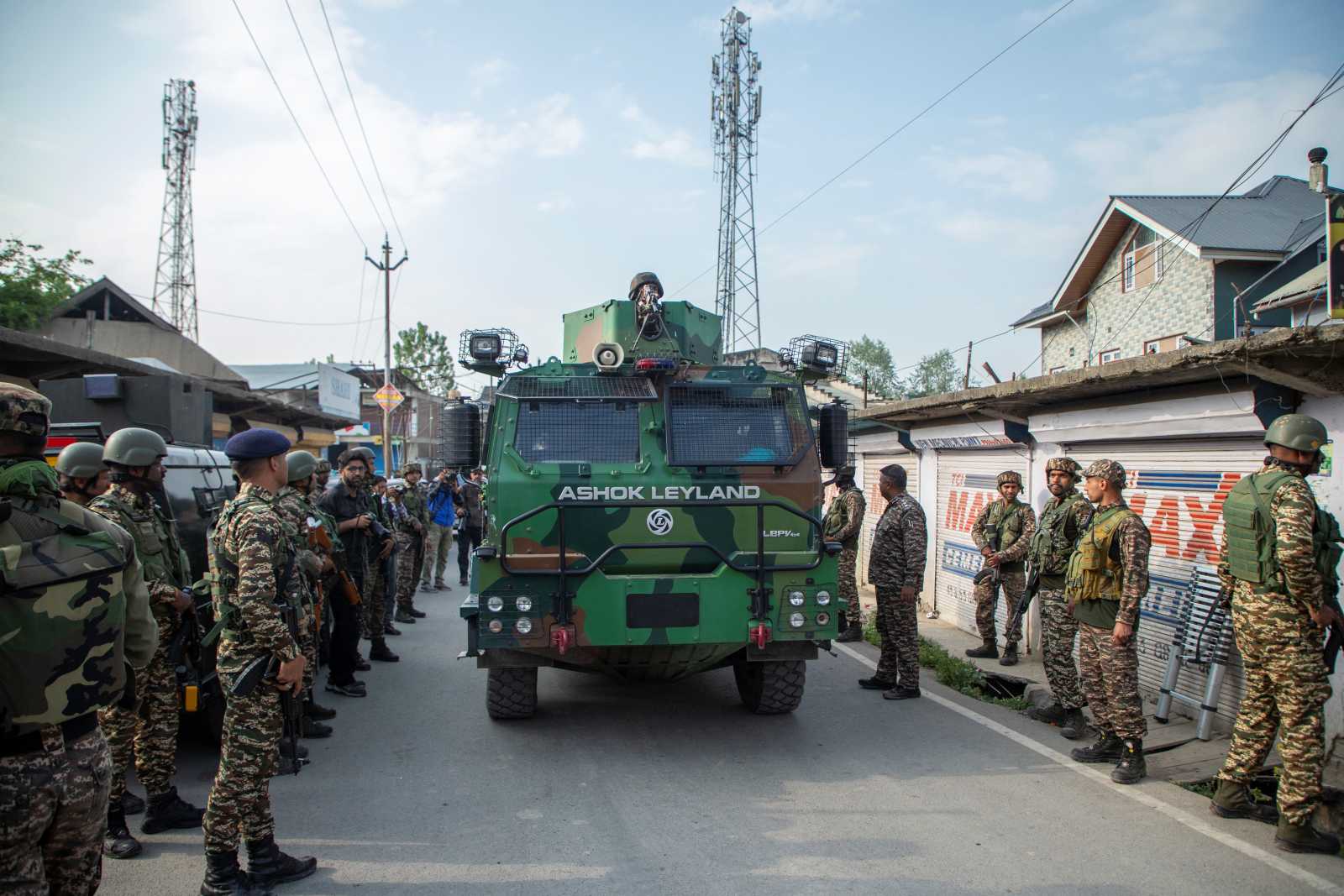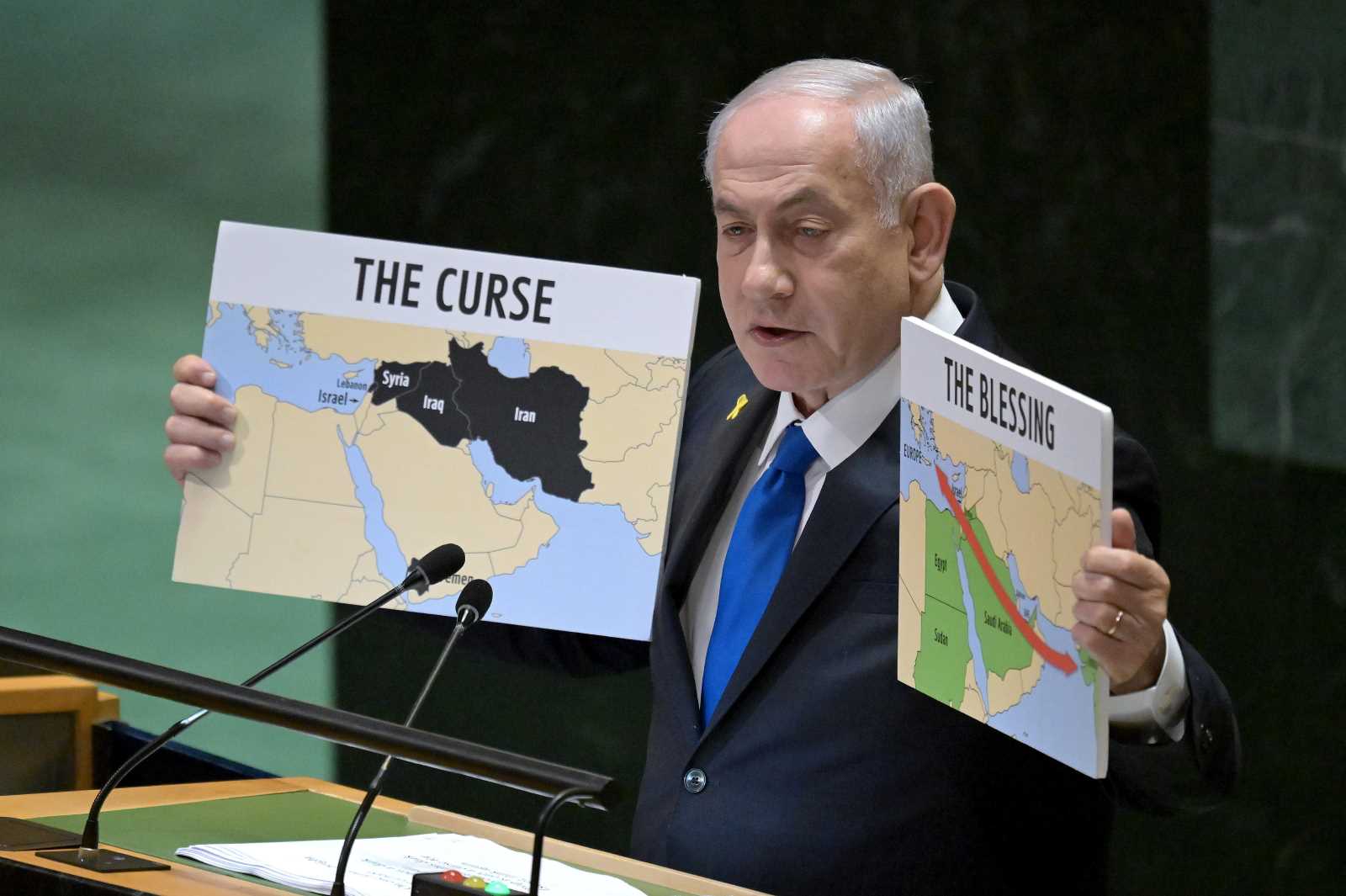Military expenditure
Brazil and Venezuela buy arms
Chávez has announced the purchase of close to 100 tanks and an anti-aircraft defence system from Russia. Around $ 2.2 billion is being lent to the Caribbean country by Russia. Chávez says he considers neighbouring Colombia’s decision to guarantee the United States access to seven military bases threatening, and that his country’s oil reserves need protection. In recent years, Chávez placed orders for Russian arms and military equipment for more than $ 4 billion.
Brazilian President da Silva also announced talks on a major arms deal. He plans to buy 36 French Rafale fighter aircraft for around € 5 billion. According to press reports, France – eager to expand its arms industry – smoothed the path for the purchase by bundling it with technology transfer. The jets will be built in Brazil.
In December last year, France and Brazil agreed upon a strategic partnership in which arms would play a central role. Final negotiations for the Rafale contract will get underway in October. Aircraft manufacturer Dassault wants to conclude the contract next year, so that the aircraft can be delivered in 2014.
Brazil’s foreign minister Celso Amorim said that Brazil will be free to sell Rafale jets to other Latin American countries. According to the German daily Süddeutsche Zeitung, Brazil’s long-term aim is to acquire 120 to 150 combat aircraft to modernise its air force.
The purchase of the fighter aircraft is flanked by an agreement between France and Brazil for the supply of four submarines and 50 transport helicopters. Moreover, France has pledged to help with the construction of a nuclear submarine. According to French sources, these deals are worth a total of € 7 billion. (cir)











